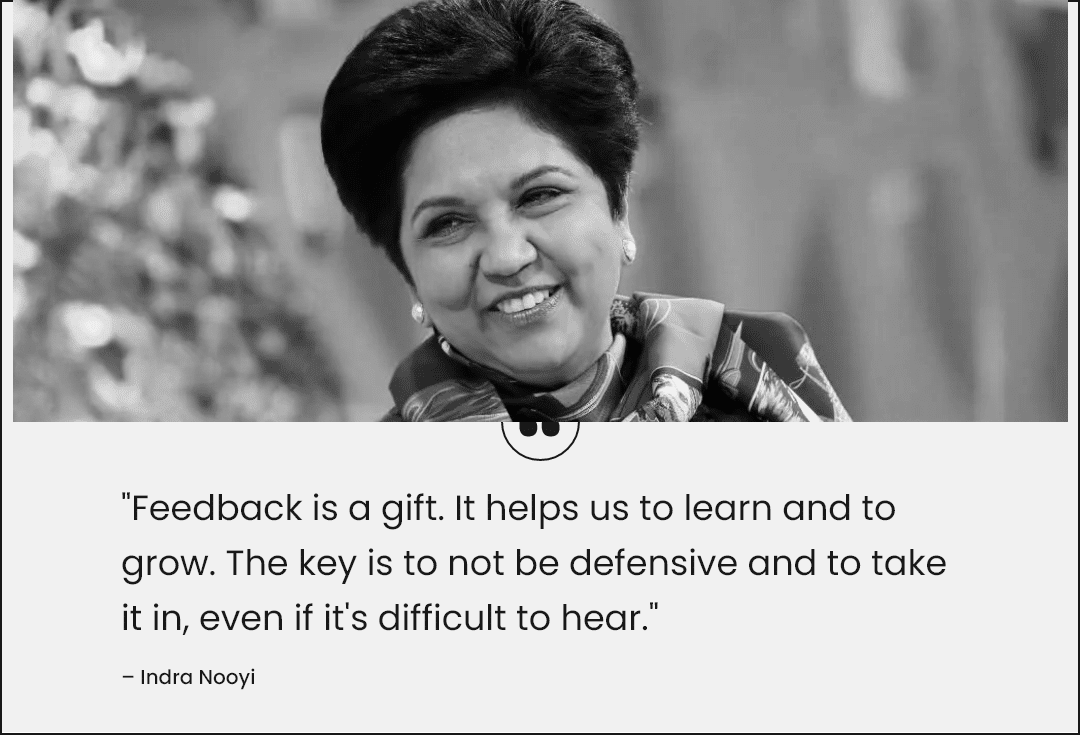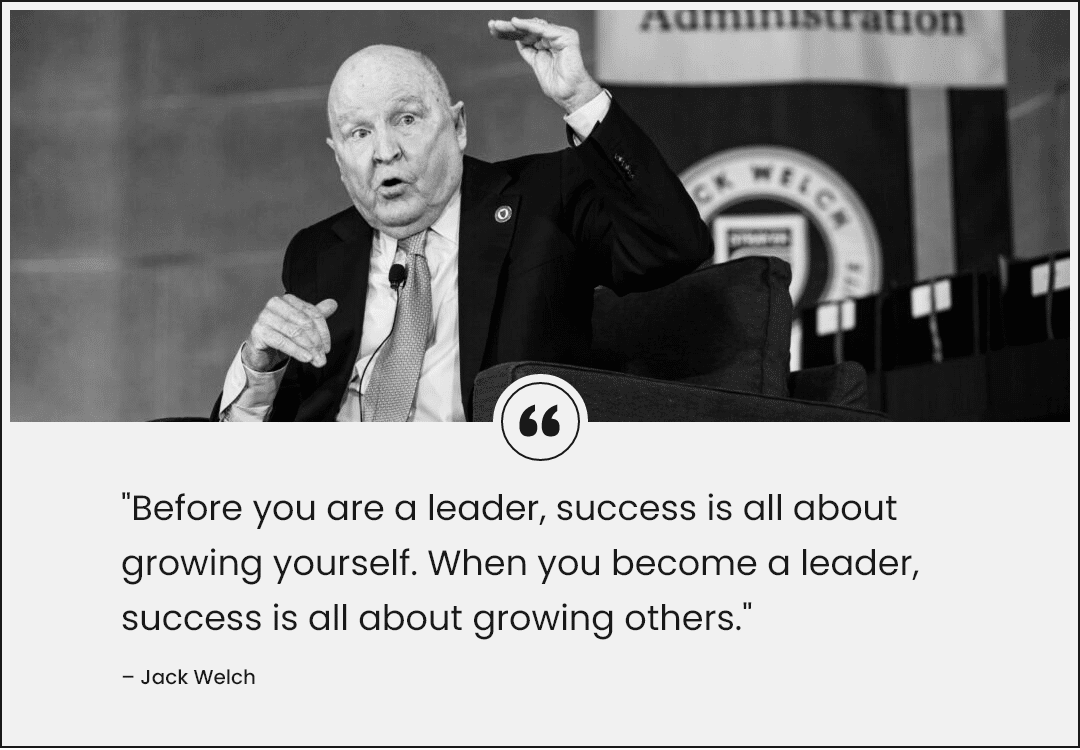What You Might Have Missed
- Employee Engagement Awards for 2023 are here!
- Christian Nielson, DecisionWise CRO, was a keynote speaker at ATD Oklahoma
- If you missed our two most recent webinars, we have them recorded for you
- Scroll through this carousel to discover 5 Personal Benefits of Employee Engagement
- DecisionWise’s annual Fat Cats bowling and lunch was another huge success
- Here are Five Compelling Reasons to Prioritize (Your Own) Employee Engagement
Featured Discussion
Maximizing Performance Reviews: Meeting the Needs of Employees, Managers, and Organizations
Introduction
In our pursuit of building better employees and leaders, we’ve developed a cutting-edge performance review software tool that ticks all the right boxes. As we have been fine-tuning this product, we’ve encountered a common question from professionals: Do formal performance reviews still hold value? Shouldn’t managers engage in frequent, ongoing performance discussions with their team members? While we encourage managers to provide continuous feedback, relying solely on informal conversations may not be the most effective approach.
The Importance of Formal Performance Reviews
Formal performance reviews play a pivotal role in organizational success. Here’s why they matter:
- Platform for Growth and Alignment: Performance reviews provide a structured platform for growth, alignment, and improvement. They allow employees and managers to discuss achievements, goals, and areas for development. By formalizing these conversations, organizations create a consistent framework for assessing performance.
- Ensuring Accountability: Structured reviews act as a backstop, ensuring that appraisal conversations indeed take place. Without a formal process, important discussions might fall through the cracks. Regular reviews hold both employees and managers accountable for their roles in the performance management cycle.
Meeting Employee Expectations
For employees, performance reviews are more than routine evaluations; they represent significant opportunities:
- Career Guidance: Employees can seek guidance on advancing their careers within the organization. Whether it’s a promotion, lateral move, or skill development, performance reviews provide a forum to discuss aspirations and create actionable plans.
- Understanding Strengths and Areas for Improvement: Honest feedback helps employees understand their strengths and areas where growth is needed. Clarity on performance expectations empowers them to excel in their roles.
- Transparency and Confidence: A fair and objective evaluation process fosters transparency. Employees appreciate knowing where they stand and how their contributions align with organizational goals. This transparency builds confidence and trust. Moreover, performance reviews help employees defend their contributions to the organization.
Empowering Managers
Managers rely on performance reviews to evaluate their team’s performance effectively:
- Holistic Assessment: Reviews allow managers to assess performance beyond day-to-day interactions. They consider long-term contributions, teamwork, and alignment with organizational values.
- Identifying Development Opportunities: Managers can identify areas where team members need support or skill enhancement. Performance reviews guide targeted coaching and training efforts.
- Performance Calibration: Consistent reviews enable fair comparisons across the team. Managers can allocate resources, recognize top performers, and address underperformance.
Conclusion
As you evaluate your performance review process, remember that it’s not a one-size-fits-all solution. Understand the unique needs of employees, managers, and the organization. By aligning these needs, you can leverage performance reviews to foster development, drive performance, and optimize workforce strategies.
Remember, performance reviews aren’t just checkboxes; they’re powerful tools for growth and excellence.




